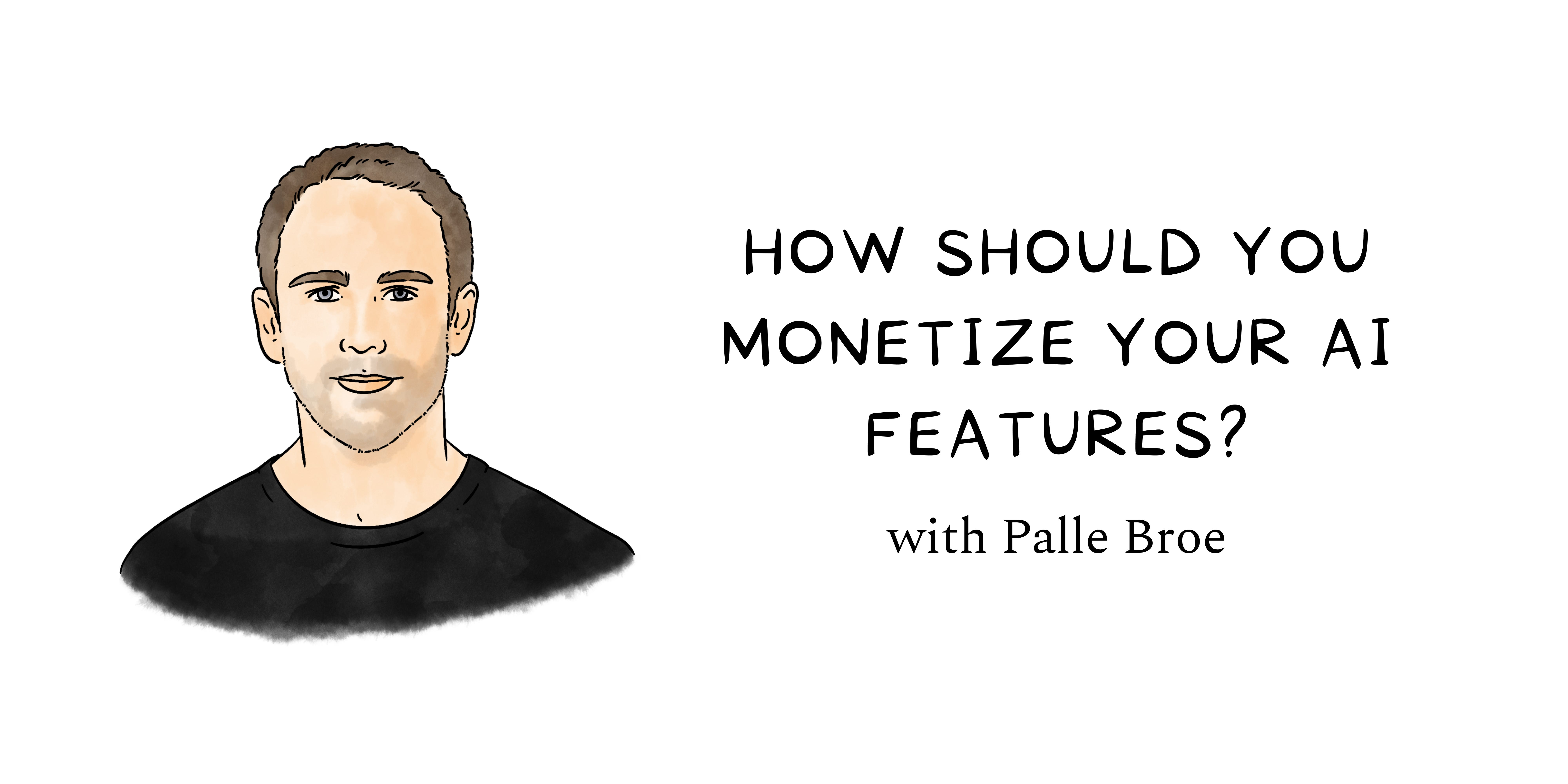Meta's AI Ambitions: A Technical Deep Dive into the Llama 4
On April 29, 2025, Meta unveiled its standalone AI application, Meta AI, at the inaugural LlamaCon developer conference in Menlo Park, California. Powered by Meta’s advanced Llama 4 large language model (LLM), the app positions itself as a direct competitor to OpenAI’s ChatGPT, Anthropic’s Claude, xAI’s Grok, and Google’s Gemini.

By leveraging Meta’s extensive social platform ecosystem, including Facebook, Instagram, WhatsApp, and Messenger, Meta AI introduces a socially integrated and personalized AI experience. This article provides a comprehensive technical analysis of the Meta AI app and Llama 4 model, detailing their features, capabilities, monetization strategies, and potential market impact, tailored for a business audience.
Llama 4 Technical Specifications
Llama 4 is Meta’s latest large language model, designed to deliver advanced AI capabilities with a focus on efficiency and performance. Its key technical specifications include:

- Architecture: Llama 4 employs a mixture-of-experts (MoE) architecture, which dynamically selects specialized sub-networks for specific tasks. This design optimizes computational resources, making it more cost-efficient than traditional monolithic models.
- Variants: Llama 4 is available in two variants, each tailored to specific use cases:

- Multimodal Processing: Supports both text and image inputs, enabling applications like image recognition and generation.
- Multilingual Support: Operates in 12 languages, ensuring global accessibility.
- Performance: Outperforms competitors like GPT and Gemini in cost-efficiency and task-specific performance, particularly in resource-constrained environments, due to its MoE architecture.
Meta AI Features
The Meta AI app leverages Llama 4’s capabilities to offer a range of technical features, enhancing user interaction and integration with Meta’s ecosystem:
- Personalized Responses: Utilizes user data from Meta’s social platforms (e.g., Facebook, Instagram) to tailor responses, with the ability to remember user-specific instructions like dietary preferences for future interactions.
- Discover Feed: Includes a social feature displaying how other users interact with the AI, showcasing prompts and responses to foster community engagement. Meta has collaborated with content creators to populate this feed.
- Voice Interaction: Supports voice commands in select regions (e.g., United States, Canada, Australia, New Zealand), optimized for conversational use and compatible with Meta’s Ray-Ban smart glasses, replacing the previous Meta View app.

- Image Generation and Editing: Enables users to create and modify images via text or voice commands, leveraging Llama 4’s multimodal capabilities for creative applications like social media content creation.
- Cross-Platform Integration: Seamlessly integrated with Meta’s ecosystem, including WhatsApp, Instagram, Facebook, and Messenger, allowing users to access the AI across multiple platforms for a unified experience.
- Real-Time Data Access: Unlike static models that rely on pre-trained data, Meta AI can access real-time data from Meta’s platforms, enabling dynamic and contextually relevant responses based on current user activities and social trends.
Meta AI vs. ChatGPT
When compared to OpenAI’s ChatGPT, Meta AI offers several technical advantages:
- Social Integration: Leverages user data from Meta’s platforms for highly personalized responses, contrasting with ChatGPT’s isolated environment.
- Multimodal Capabilities: Handles both text and images, unlike ChatGPT’s primarily text-based functionality, enabling broader application use cases.
However, ChatGPT benefits from a larger and more diverse training corpus, giving it an edge in general knowledge tasks. Additionally, OpenAI’s established user base and brand recognition pose significant competitive challenges for Meta AI.
Monetization Strategies
To sustain its AI initiatives, Meta plans to monetize Meta AI through two primary strategies:
- Premium Tier: A subscription-based premium version will offer advanced features, such as enhanced personalization, priority access, or exclusive tools for businesses and developers, targeting power users and enterprises.
- Advertising: Leveraging its expertise in digital advertising, Meta will integrate targeted ads within the app, utilizing user data from its social platforms to deliver highly relevant advertisements, creating a significant revenue stream similar to its existing ad models on Facebook and Instagram.
These strategies align with Meta’s broader business model and support its substantial AI infrastructure investments, projected to reach up to $65 billion in 2025.
Conclusion
The launch of Meta AI marks a significant development in the AI assistant market, intensifying competition and driving innovation. Its technical capabilities, such as multimodal processing and real-time data access, open up new use cases like AI-driven social media management, personalized content creation, and enhanced user engagement tools. With multilingual support and a global user base, Meta AI is well-positioned to challenge English-centric models like ChatGPT, potentially capturing significant market share in non-English-speaking regions.
Meta’s commitment to AI, evidenced by its infrastructure spending, suggests a long-term strategy to lead the AI market. CEO Mark Zuckerberg has expressed ambitions for Meta AI to reach over 1 billion users in 2025, positioning it as a leader in personalized AI assistants. However, challenges remain, particularly around user trust and data privacy, given Meta’s history of privacy concerns. The app’s ability to balance personalization with transparency will be critical to its success.
Meta’s Meta AI app, powered by the Llama 4 model, represents a bold step into the standalone AI assistant market. By combining advanced technical capabilities—such as multimodal processing, multilingual support, and a cost-efficient MoE architecture—with deep social integration, Meta AI offers a compelling alternative to ChatGPT and other competitors. Its features, including personalized responses, a Discover feed, and voice interaction, cater to a socially connected user base, while planned monetization strategies ensure long-term viability. As the AI market continues to evolve, Meta AI’s launch signals a new era of competition and innovation, with significant implications for businesses, developers, and consumers alike.




















